Trump's elusive China trade deal
Is the trade war any closer to an end?
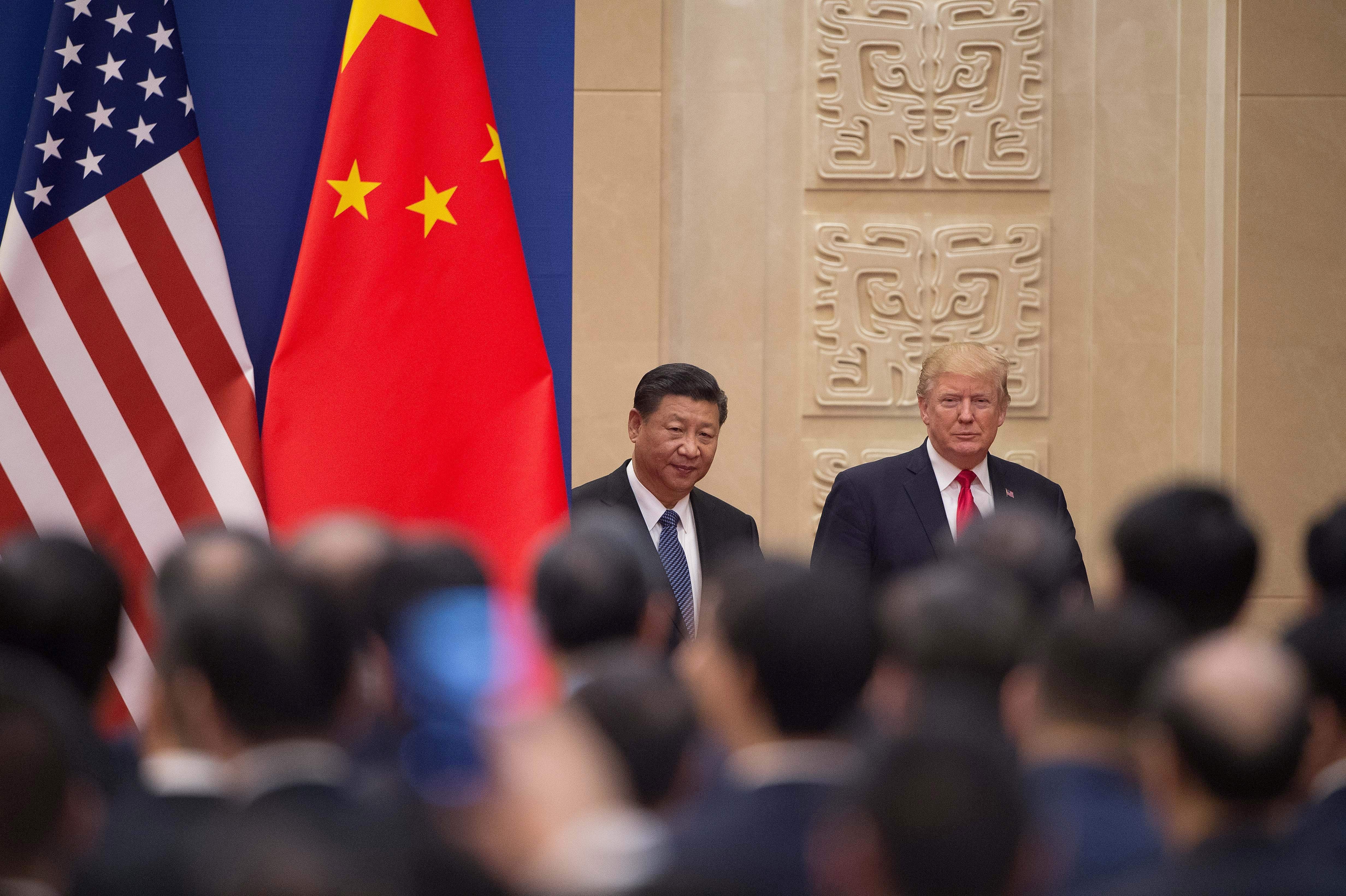
A free daily email with the biggest news stories of the day – and the best features from TheWeek.com
You are now subscribed
Your newsletter sign-up was successful
The smartest insight and analysis, from all perspectives, rounded up from around the web:
Seeking to "overcome the impasse" on an "elusive" trade deal, President Trump last week suggested he was reluctant to alienate China by sanctioning officials involved in its Hong Kong crackdown, said Michael Bender and Chao Deng at The Wall Street Journal. Trump called the protests in the former British colony "a complicating factor" in the search for an agreement. "We have to stand with Hong Kong, but I'm also standing with President Xi," Trump said. "He's a friend of mine, he's an incredible guy." The warm words about Xi have not kept the president from moving the goalposts with "cliff-hanger tactics," said Ana Swanson at The New York Times. More than a month after Trump declared the U.S. and China had reached a historic "Phase 1" trade agreement, the two sides continue to negotiate. China reportedly had agreed to resume purchasing $20 billion in American farm products annually, but Trump "pressed his team to more than triple that figure" before settling on a demand for $50 billion. China wants the U.S. to scrap tariffs imposed since 2018, with a Dec. 15 deadline looming on a 15 percent tariff hike on "another $160 billion of goods." But the two sides can't even agree on where a deal signing should take place. And Trump's wavering has "made China wary of offering concessions, for fear that he will only demand more."
China feels little pressure to cater to Trump's brinkmanship, said Heather Timmons and Andrea Shalal at Reuters. Trump wants to secure a big announcement soon, "locking in big-ticket Chinese purchases of U.S. agricultural goods that he can tout as an important win." But "it's Trump who wants to sign these deals, not us," said one Chinese official. The difficulties in negotiating even a preliminary deal on tariffs and agricultural imports don't bode well for a far-reaching agreement covering issues like intellectual property rights. In fact, China's negotiators probably won't sign on to a more comprehensive deal "before the U.S. election, in part because they want to wait and see if Trump wins." Getting to a Phase 1 agreement "might not mean much," said Jill Disis at CNN. Rolling back tariffs and resuming agricultural trade just brings us back to where we were before the trade war began. Said one trade expert, "we're just climbing out of a hole we dug ourselves."
The Week
Escape your echo chamber. Get the facts behind the news, plus analysis from multiple perspectives.

Sign up for The Week's Free Newsletters
From our morning news briefing to a weekly Good News Newsletter, get the best of The Week delivered directly to your inbox.
From our morning news briefing to a weekly Good News Newsletter, get the best of The Week delivered directly to your inbox.
This was a battle the U.S. got into "without buy-in from allies," said Nathaniel Taplin at The Wall Street Journal, and now we're paying the price. The main effect of the trade war on China has been to shift Chinese exports to other markets. China "exported $19 billion less to the U.S. in the third quarter of 2019 than a year earlier, but nearly $17 billion more to Europe and East Asia." Really, Trump doesn't need to worry so much about China retaliating if he takes a strong stand on Hong Kong, said Noah Smith at Bloomberg. China has already used the trade weapons in its arsenal. It's created "an economic catastrophe for many farmers" in the U.S., and imposed $135 billion worth of tariffs on U.S. goods. The U.S. can certainly afford to take a moral position on Hong Kong, because as far as trade is concerned, "the damage has already been done."
A free daily email with the biggest news stories of the day – and the best features from TheWeek.com
-
 Film reviews: ‘Send Help’ and ‘Private Life’
Film reviews: ‘Send Help’ and ‘Private Life’Feature An office doormat is stranded alone with her awful boss and a frazzled therapist turns amateur murder investigator
-
 Movies to watch in February
Movies to watch in Februarythe week recommends Time travelers, multiverse hoppers and an Iraqi parable highlight this month’s offerings during the depths of winter
-
 ICE’s facial scanning is the tip of the surveillance iceberg
ICE’s facial scanning is the tip of the surveillance icebergIN THE SPOTLIGHT Federal troops are increasingly turning to high-tech tracking tools that push the boundaries of personal privacy
-
 TikTok secures deal to remain in US
TikTok secures deal to remain in USSpeed Read ByteDance will form a US version of the popular video-sharing platform
-
 How will China’s $1 trillion trade surplus change the world economy?
How will China’s $1 trillion trade surplus change the world economy?Today’s Big Question Europe may impose its own tariffs
-
 Shein in Paris: has the fashion capital surrendered its soul?
Shein in Paris: has the fashion capital surrendered its soul?Talking Point Despite France’s ‘virtuous rhetoric’, the nation is ‘renting out its soul to Chinese algorithms’
-
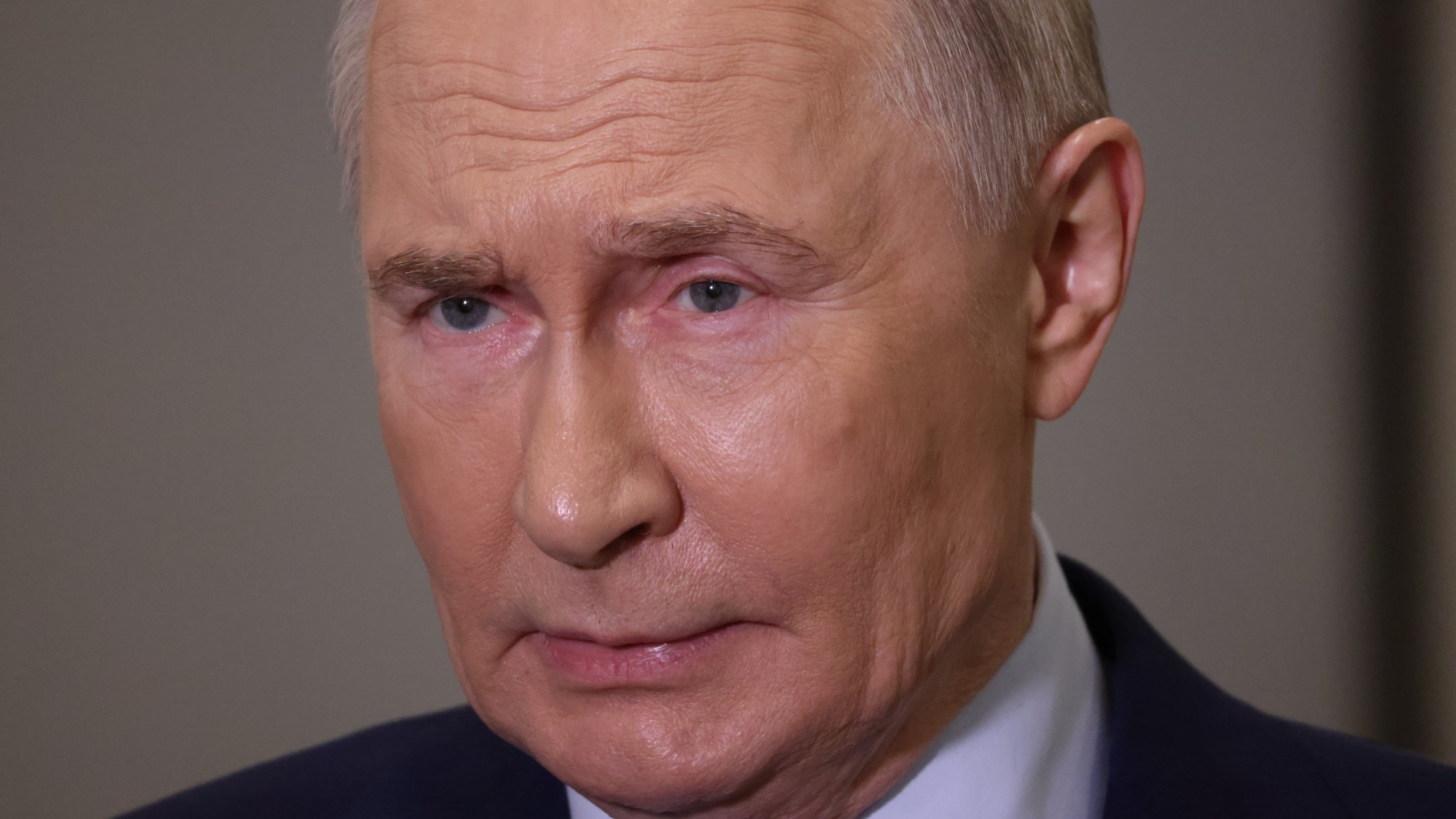 Will latest Russian sanctions finally break Putin’s resolve?
Will latest Russian sanctions finally break Putin’s resolve?Today's Big Question New restrictions have been described as a ‘punch to the gut of Moscow’s war economy’
-
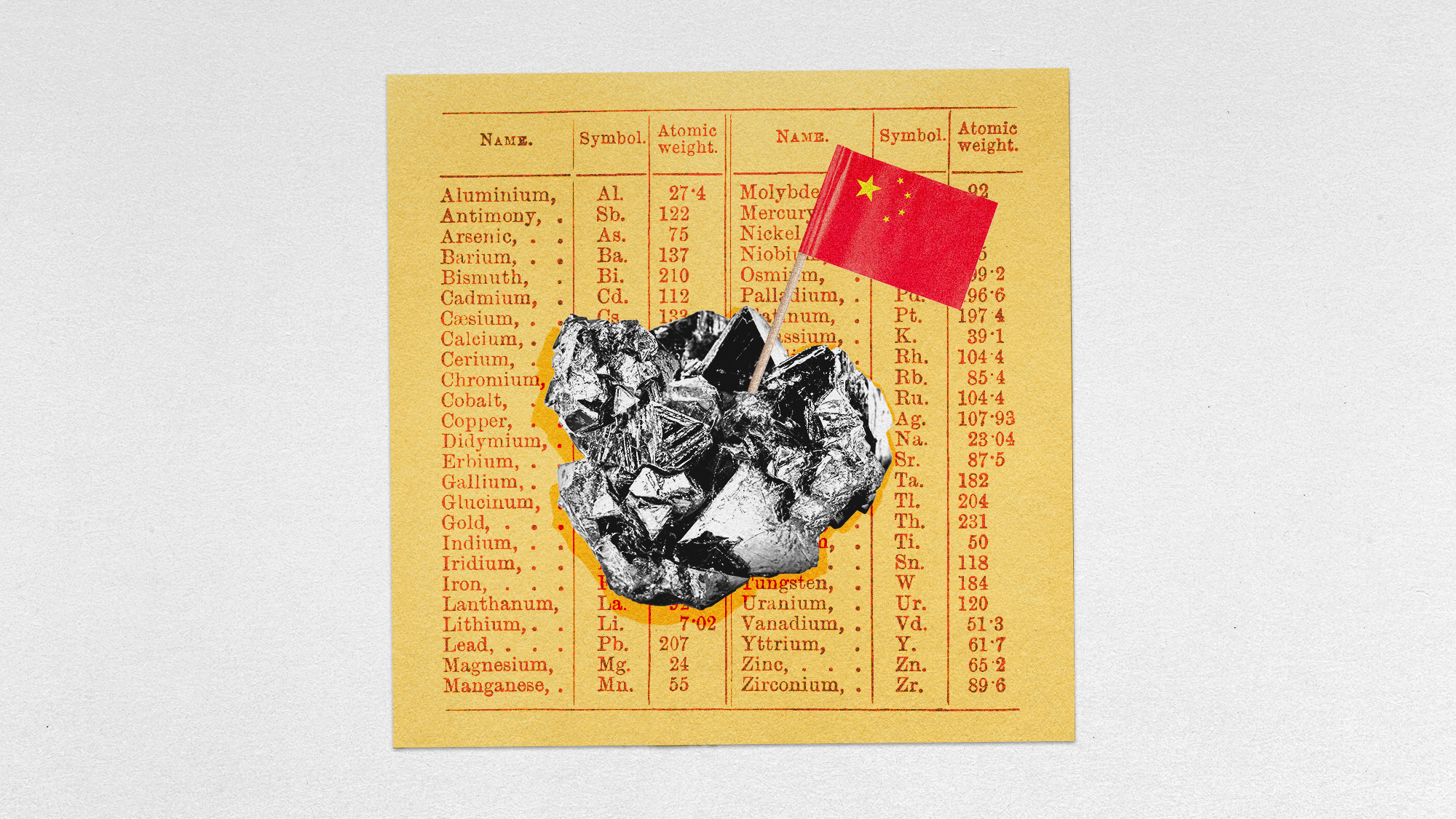 China’s rare earth controls
China’s rare earth controlsThe Explainer Beijing has shocked Washington with export restrictions on minerals used in most electronics
-
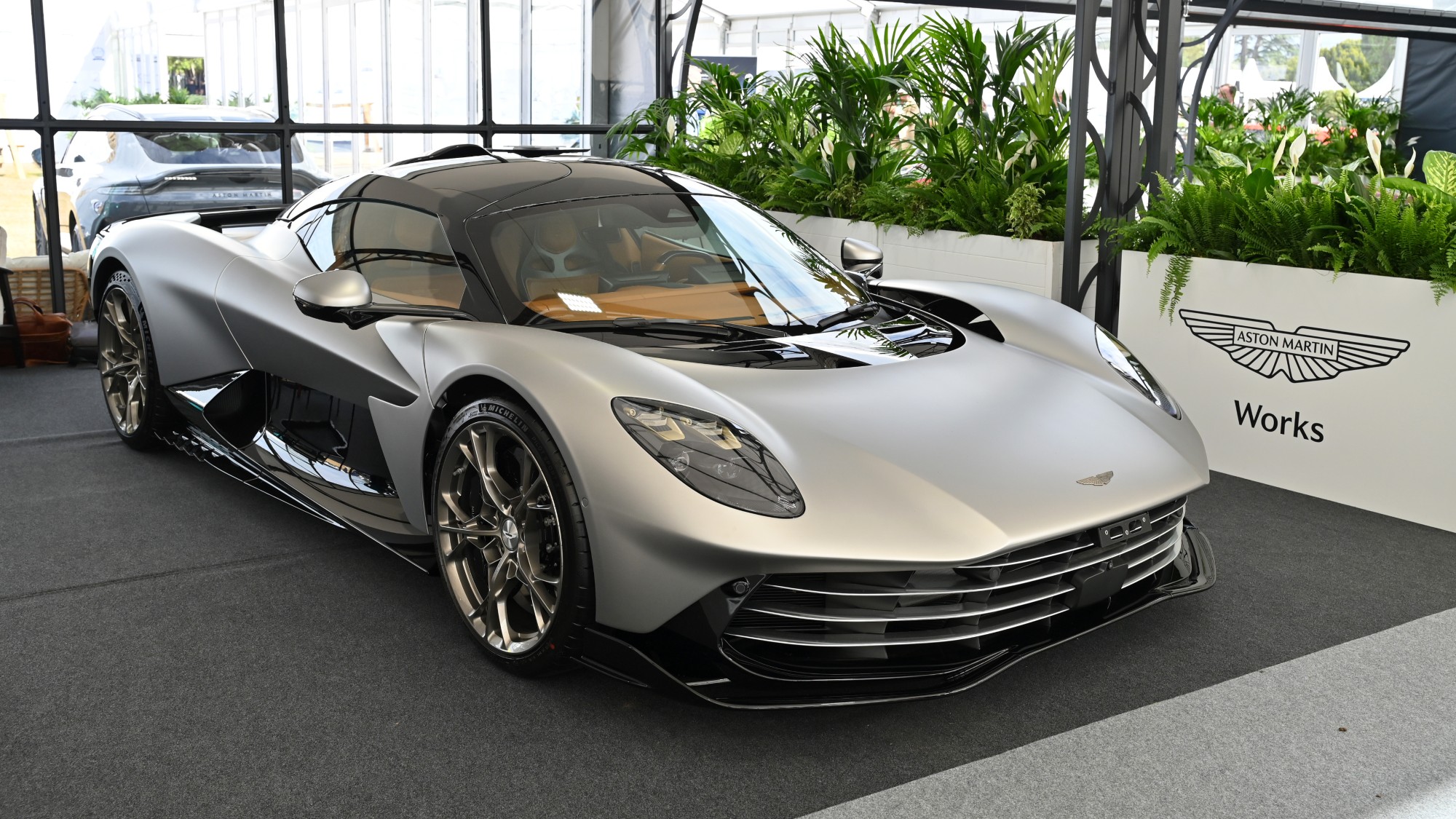 The struggles of Aston Martin: burning cash not rubber
The struggles of Aston Martin: burning cash not rubberIn the Spotlight The car manufacturer, famous for its association with the James Bond franchise, is ‘running out of road’
-
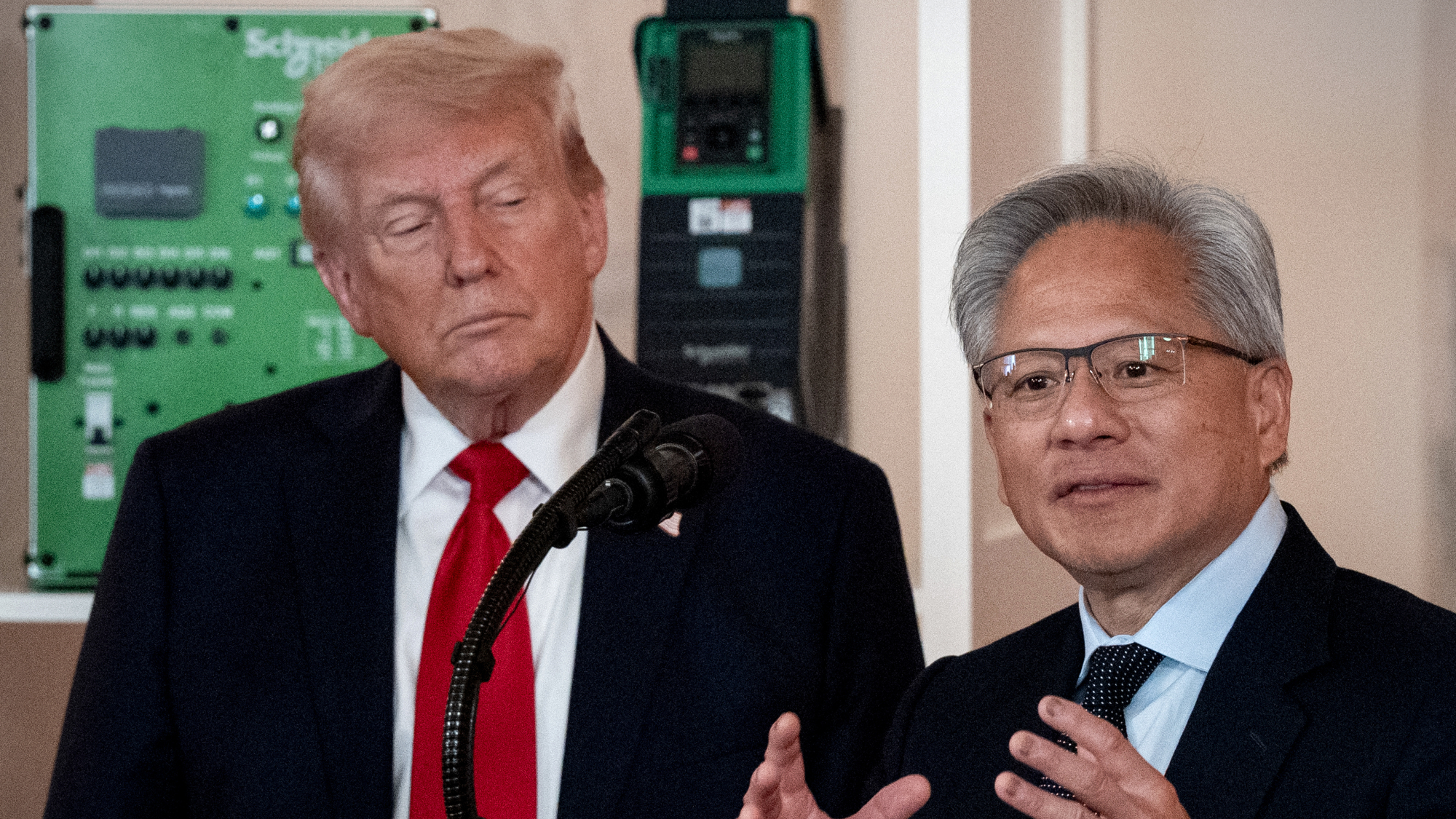 US to take 15% cut of AI chip sales to China
US to take 15% cut of AI chip sales to ChinaSpeed Read Nvidia and AMD will pay the Trump administration 15% of their revenue from selling artificial intelligence chips to China
-
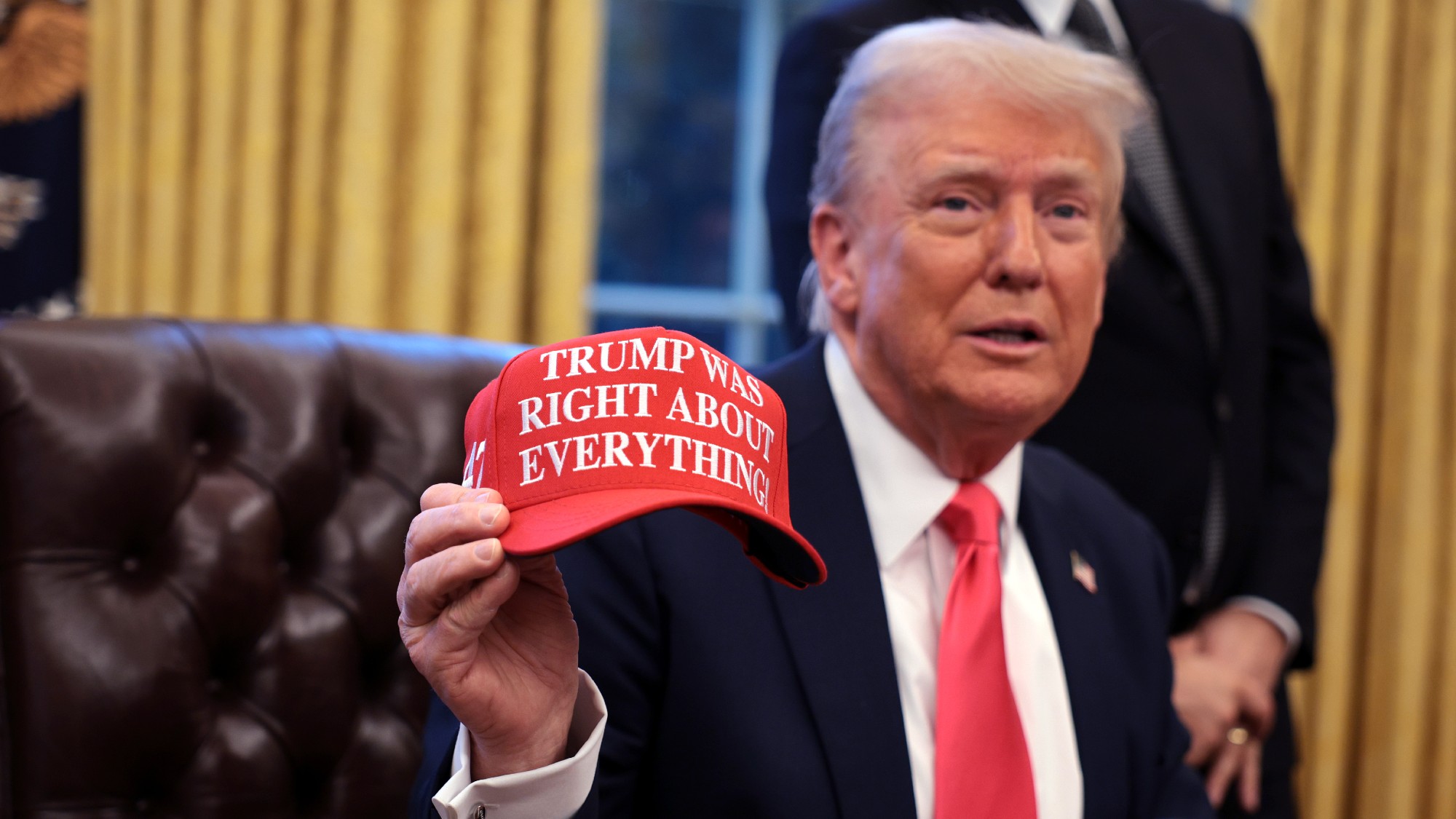 Is Trump's tariffs plan working?
Is Trump's tariffs plan working?Today's Big Question Trump has touted 'victories', but inflation is the 'elephant in the room'